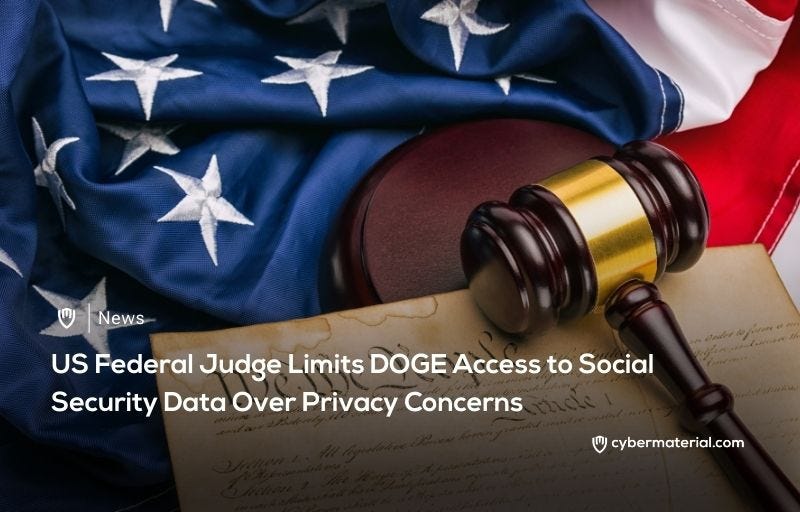
On April 17, 2025, U.S. District Judge Ellen Hollander issued a preliminary injunction limiting Elon Musk’s Department of Government Efficiency (DOGE) access to Social Security data. This ruling came after a lawsuit by labor unions and retirees, claiming DOGE’s actions violated privacy laws and posed risks to information security. While the injunction allows DOGE staff access to anonymized data with proper training, it mandates the removal of non-anonymized data and prohibits changes to Social Security Administration (SSA) software. Hollander emphasized the importance of privacy in Social Security records, a principle that has been upheld for over 90 years.
Hollander questioned the necessity of DOGE having “unfettered access” to sensitive information to uncover fraud, especially when anonymization is possible. The plaintiffs argue that DOGE’s actions represent a significant departure from standard practices, particularly in handling medical and personal data. Union members and retirees, concerned about the future of Social Security benefits, gathered outside the courthouse to protest the access granted to DOGE. Their concerns center on privacy violations and the potential harm to Social Security recipients, especially those with sensitive medical or mental health data.
The court hearing also revealed tensions within the Social Security Administration. Michelle King, the acting commissioner of SSA, resigned after refusing to comply with DOGE’s requests for data access. She was replaced by Leland Dudek, who failed to appear at the hearing despite Hollander’s request. In response to previous disputes, including a political controversy in Maine, Hollander clarified that her injunction did not apply to SSA workers not affiliated with DOGE, allowing them to continue their normal duties with full access to necessary data.
Hollander’s injunction marks a significant legal development in the ongoing debate over privacy and government access to sensitive personal data. The judge’s order could be appealed to the 4th U.S. Circuit Court of Appeals, continuing the legal battle between the Trump administration and those challenging DOGE’s access to personal information. This case is part of a broader push by DOGE to access and analyze private data across multiple federal agencies. As the legal proceedings unfold, the controversy over data access and privacy protection continues to raise questions about the balance between fraud prevention and personal privacy.
Reference:
The post DOGE Access to Social Security Data Limited first appeared on CyberMaterial.


